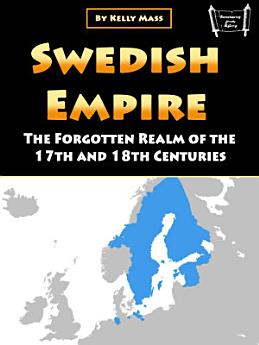Swedish Empire: The Forgotten Realm of the 17th and 18th Centuries
About this ebook
Gustav Vasa's reign from 1523 to 1560 established the institutional foundations upon which the Swedish Empire would be built, transforming a decentralized medieval kingdom into a centralized monarchical state capable of mobilizing resources for sustained military campaigns across vast distances. The king's systematic reduction of noble privileges, confiscation of church lands, and creation of professional administrative systems provided the crown with unprecedented control over Swedish society while generating the revenues necessary for military expansion. The establishment of regular taxation, standing armed forces, and royal monopolies over key industries created the fiscal-military state that would enable Sweden's later imperial conquests.
The Protestant Reformation that Gustav Vasa imposed upon Sweden served both religious and political purposes, eliminating the Catholic Church's independent authority while transferring enormous ecclesiastical wealth to royal control. The confiscated monastery lands, cathedral treasures, and episcopal estates provided immediate resources for military modernization while the establishment of a Lutheran state church created ideological justification for royal supremacy over all aspects of Swedish society. The translation of religious texts into Swedish and the promotion of vernacular education strengthened national consciousness while creating literate populations capable of supporting more complex administrative and military organizations.








